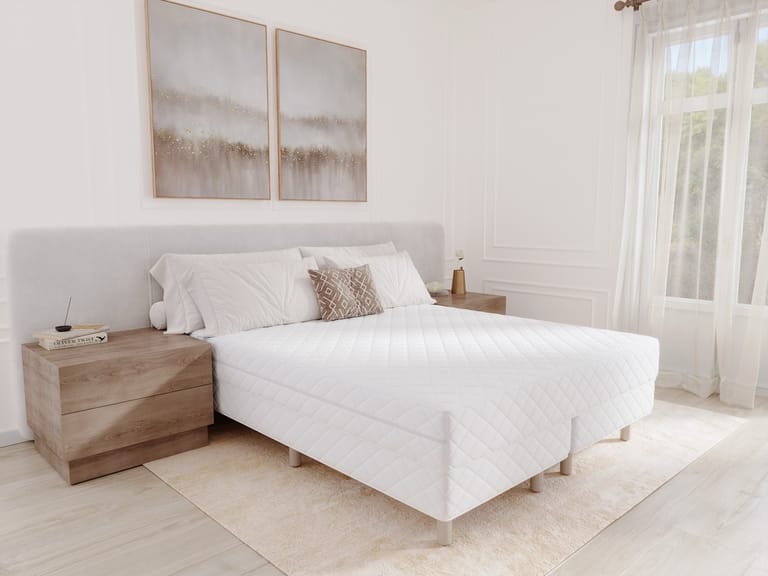The Importance of Sleep Hygiene for Better Sleep Quality
Sleep hygiene encompasses a variety of practices and habits that are essential for promoting good quality sleep. Understanding how factors like environment, routine, and lifestyle choices influence sleep can significantly enhance overall sleep quality and well-being.
What is Sleep Hygiene?
Sleep hygiene refers to the practices and habits that promote consistent, uninterrupted sleep. It includes a mix of environmental conditions, personal routines, and lifestyle choices that can affect one's ability to sleep soundly. Good sleep hygiene is crucial for anyone looking to improve their sleep quality, which in turn can have a positive impact on physical health, mental well-being, and overall productivity.
Historical Perspectives on Sleep Hygiene
The concept of sleep hygiene is not new. Throughout history, various cultures have recognized the importance of sleep and the practices that support it. For instance, in ancient Greece, Hippocrates emphasized the significance of a balanced lifestyle, which included proper sleep. He believed that inadequate sleep could lead to various health issues, an idea that resonates even today. Fast forward to the 19th century, when Sigmund Freud explored the psychological aspects of sleep and dreams, laying the groundwork for the modern understanding of sleep's role in mental health.
Key Figures in Sleep Science
- Hippocrates (460-370 BC): Often called the "Father of Medicine," Hippocrates was one of the first to advocate for the importance of sleep in maintaining health.
- Sigmund Freud (1856-1939): Freud's theories on dreams and the unconscious brought attention to the psychological aspects of sleep, influencing how we understand sleep disorders today.
- Matthew Walker (1972-Present): A contemporary sleep scientist and author of "Why We Sleep," Walker has contributed significantly to our understanding of sleep hygiene and its impact on health.
The Modern Science of Sleep Hygiene
Today, the study of sleep hygiene has expanded significantly, with researchers uncovering the intricate ways in which our environment, routine, and lifestyle choices affect sleep quality. Key factors include:
- Consistent Sleep Schedule: Going to bed and waking up at the same time each day helps regulate the body's internal clock.
- Optimized Sleep Environment: A dark, quiet, and cool room can enhance sleep quality. Consider using blackout curtains and white noise machines to create the ideal environment.
- Pre-Sleep Routine: Engaging in calming activities, such as reading or meditation, can signal to the body that it's time to wind down.
- Mindful Consumption: Being aware of caffeine and screen time before bed can significantly influence how well and how quickly you fall asleep.
The Role of Sleep Products in Sleep Hygiene
Investing in quality sleep products can dramatically enhance sleep hygiene. For example, choosing the right mattress is crucial for comfort and support. A mattress like the Naturepedic Azure Hybrid Organic Mattress combines luxury with health-conscious materials, ensuring that sleepers enjoy both comfort and sustainability.
Naturepedic Azure Hybrid Organic Mattress
A premium offering from the Halcyon collection, designed for those seeking a luxurious and customizable sleep experience.
- 10-inch profile combining 6 inches of organic wrapped coils with 3 inches of organic Dunlop latex for tailored support.
- Materials include a zippered organic cotton cover and a luxury wool blend made from alpaca and cashmere.
- GOTS certified for the use of non-toxic, organic materials throughout.
Price: $4,199.00
Learn More
Conclusion
In summary, sleep hygiene is a vital component of achieving better sleep quality. By understanding the historical context and modern science behind sleep practices, individuals can implement effective sleep hygiene strategies. Investing in quality sleep products, such as the Naturepedic Azure Hybrid Organic Mattress, can further enhance these efforts, leading to healthier sleep and improved overall well-being.

